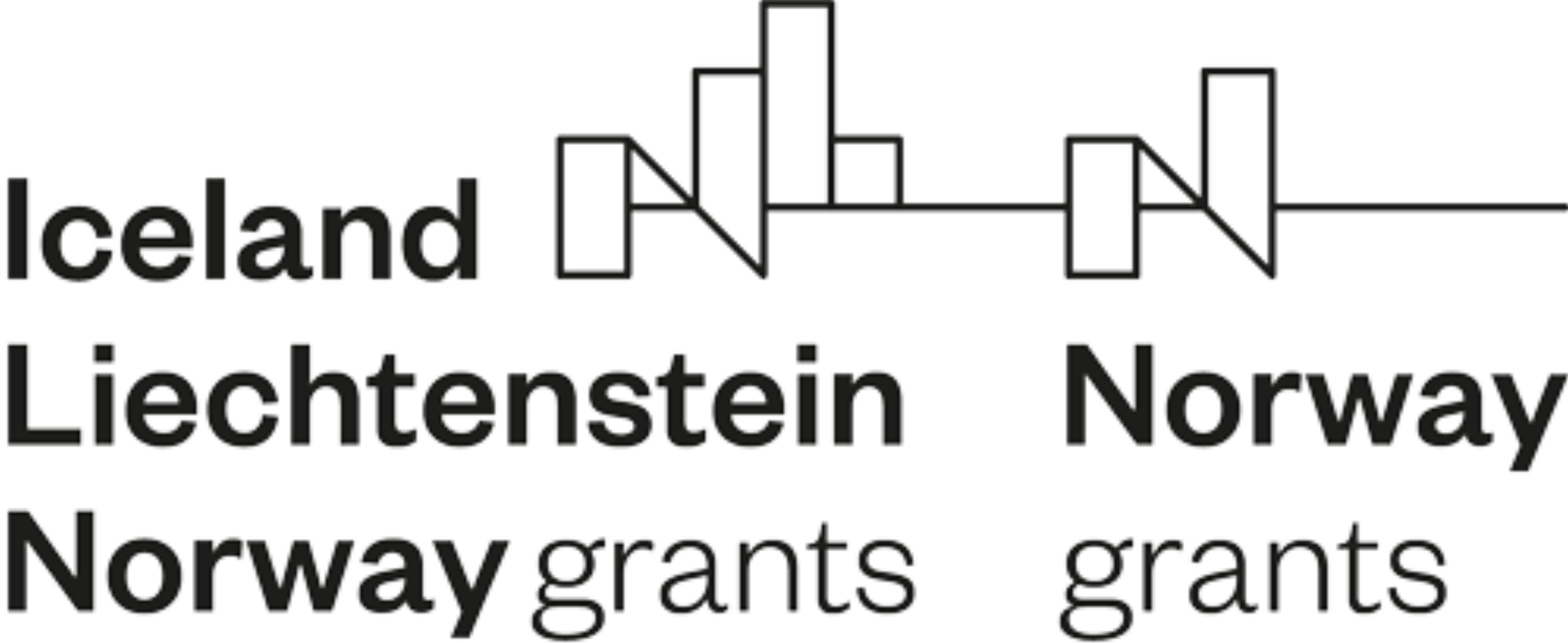Poland, Baltic and Balkan countries most active in seeking funding for social dialogue and decent work
10,6 million Euro is set aside for applications from social partners in Bulgaria, Croatia, Czech Republic, Estonia, Latvia, Lithuania, Malta, Poland, Romania, Slovakia, and Slovenia.
Most applications (22) were submitted from social partners in Poland, while Lithuania submitted seven, and Latvia, Romania and Bulgaria six each. Slovak social partners took part in five applications, Estonian four, Croatian three and Maltese and Slovenian entities submitted one application each.
(Pictured above: The dialogue between workers and employers – is a key element of the European social model. Through the Norway Grants, the Norwegian government is helping to stimulate social dialogue and cooperation between labour market partners in Europe.)
Partnership with Norwegian organisations
37 projects, which represent 60% of the applicants, involve one or more partners from Norway. Cooperation between Norwegian entities and entities in the beneficiary countries is highly recommended under this programme. Most Norwegian partners take part in the Polish applications, as well as the Latvian and Bulgarian.
Social partners may play an important role in the design and implementation of labour market policies and instruments given their thorough knowledge of the needs and challenges in the labour market. In five countries the call for proposals therefore included funding for projects focusing on increasing job participation for young people, women, the disabled and the elderly, but only two applications were submitted under this focus area.
Overall, the number of applications was lower than expected. This is unfortunate as a closer involvement of trade unions and employers’ associations is crucial in addressing the economic and social challenges Europe faces, and to help strengthening the national ownership and accountability of new policies. Increased globalisation, technological progress, declines in trade union density and the decentralization of collective bargaining exert a significant negative impact on the relationship between employers and employees. A stronger emphasis on capacity-building of national social partners is therefore needed.
Photo:Innovation Norway
Better working and living conditions
Social dialogue is also an important driver of the European Pillar of Social Rights that sets out key principles and rights to support fair and well-functioning labour markets and welfare systems. The goal is better working and living conditions across Europe. Social partners may support the implementation of the Pillar via collective bargaining at national level, increasing awareness of workers’ rights and obligations, health and safety concerns and facilitating access to the labour market, especially for the young and long-term unemployed. The Social Dialogue – Decent Work programme is important in this context.
The call for proposals or parts of it will be relaunched in countries with few or none submitted applications, as well as in Cyprus.
Read more about the Social Dialogue and Decent Work Programme here.
